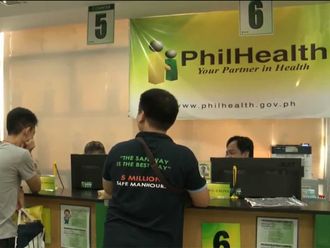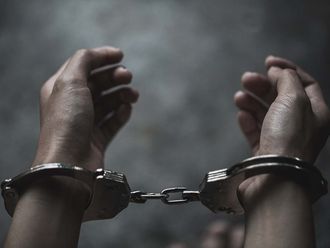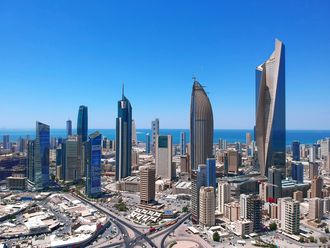Manila: Twelve farmers fighting for land reform were arrested and have remained in prison based on a complaint of a landlord in central Philippines at the start of the administration of President Rodrigo Duterte who has revived peace talks with the 48-year-old Communist Party of the Philippines (CPP), a rights leader said.
Twelve farmers of the Pinanongan United People Association (SAMPUPA) — National Federation of Sugar Workers (NFSW) were arrested in Magsico, Manapla town, Negros Occidental on October 7, 2016, based on landlord Gemma Dequito’s complaint of theft, two counts of qualified theft, grave oral defamation, unlawful detention, contempt of court, and recovery of possession, said Cristina Palabay, secretary-general of Karapatan, a rights group.
“The farmers are facing trumped-up charges for cultivating land that is legally theirs. They are peasants, peace advocates and a Lumad schoolteacher,” said Palabay, adding they were earlier named by Provincial Agrarian Reform Officer (PARO) Teresita Mabunay as land reform beneficiaries of Dequitos disputed land case — after Agrarian Reform Secretary Rafael Mariano and farmworkers in Negros Occidental held talks on this issue on September 8-9.
Their arrest was in violation of the Comprehensive Agreement on the Respect for Human Rights and International Humanitarian Law (CARHRIHL) that the Philippine government and the leftist National Democratic Front (NDF) signed in 1998, said Palabay.
The NDF, the negotiating arm of the CPP and its armed wing, the New People’s Army (NPA), has been holding peace talks with the Philippine government since 1992.
The latest round of peace talks between the Philippine government and the NDF in Oslo from October 8 to 10 tackled proposed Comprehensive Agreement on Social and Economic Reforms (CASER). “With this, we expect that long-standing issues such as landlessness, land grabbing, and feudal exploitation of the farmers, the root causes of the armed conflict (between the CPP-NPA and the government) will be addressed, and support the release of the 12 arrested farmers,” Palabay said.
“The Duterte administration should stop the arrest and detention of activists, farmers, and suspected rebels who are fighting for genuine agrarian reform.”
Meanwhile, the list of 434 communist leaders (arrested earlier for crimes such as arson, kidnapping, and murder) who should be released soon has reached Duterte, said Philippine government chief negotiator Silvestre Bello, adding, “The (peace) panel has a commitment that there will be releases. We will fast-track that.”
Duterte initially released 18 top leftist leaders who attended the first round of revived peace talks in Norway last August — the Philippine government and NDF agreed to forge a ceasefire agreement at the time.
The two camps scheduled a third round of peace talks in January 2017, and vowed to reach a final political settlement by mid-2017.
The CPP-NPA, Asia’s longest-running leftist insurgent group, has been blamed for assassinating erring police and military men, a rebellion that has claimed 30,000. The group has been collecting protection taxes from businessmen in provincial areas.
Congress repealed the anti-subversion law that lured leftist leaders to the negotiating table for the first time in 1992. Since then, however, arrested leftist political leaders and members were accused of trumped-up charges and other non-bailable offences.
The 4,000-strong NPA reached 26,000 during the time of former dictator Ferdinand Marcos in the 1970s. But the CPP-NPA has remained in control of far-flung villages that hardly receive government services.












